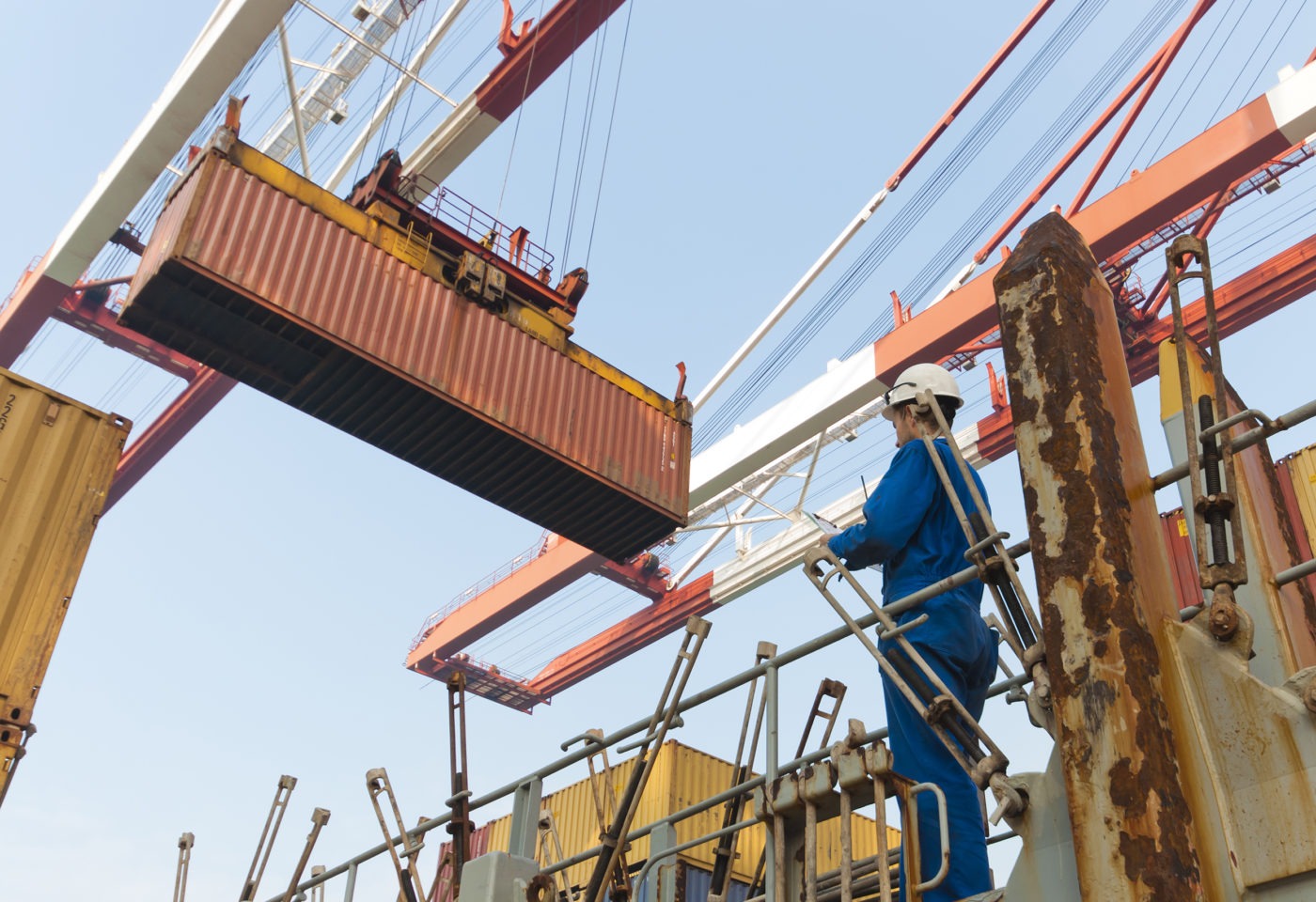By Carlo Dade
In iPolitics.ca
Jan. 29, 2016
We have an infrastructure problem in this country.
It’s not the state of our assets — not yet, at any rate. Though our ranking has been falling recently, Canada is still in the top 25 of the World Economic Forum’s infrastructure rankings.
And it’s not our willingness to spend money, as anyone can see from the news headlines during and since the election — especially when they’re contrasted with the dysfunction on public spending suffered by our neighbours to the south.
The problem is the difficulty — approaching impossibility — of building anything big in Canada these days. This is not about pipelines. Whether we’re talking about locating a sewage treatment plant in Victoria, or building a ring road around Calgary, or expanding an airport runway in Toronto, we’re seeing an alarming rise in the ability of dedicated opponents of infrastructure development to delay or halt projects that would benefit wider regional and national economies.
This issue is going to come to the forefront in Canada as soon as the government tries to get started on its plan to spend billions of dollars on infrastructure. It’s already an issue on the other side of the Pacific, where companies question Canada’s viability as trade partner and investment target. The Trans-Pacific Partnership agreement will only increase the intensity of questions about our ability to reliably and efficiently move products and people to and from the booming Pacific markets.
In the face of this opportunity, what’s most troubling for the Western provinces is local opposition to expanding capacity at Pacific coast ports. This is a threat to not just the B.C. economy, where the ports pay more than $1.5 billion a year in taxes. It’s a threat to practically every business in Alberta, Saskatchewan and Manitoba that exports.
Seventeen per cent of Saskatchewan’s exports pass through Port Metro Vancouver alone; even in more distant Manitoba, the figure is close to 10 per cent. The four Western provinces account for 43 per cent of Canada’s exports. So opposition to expansion at the West Coast ports will hurt not just the West but all of Canada, at a time when we’re looking to a lower loonie and new trade agreements to boost exports.
Seventeen per cent of Saskatchewan’s exports … pitted against protecting the view from someone’s over-priced condo in downtown Vancouver. That shouldn’t be a tough call. And yet, here we are.
In fact, this trend of opponents successfully frustrating necessary projects isn’t coming from some overwhelming groundswell of popular opinion — just the opposite, in fact. Innovative Research polling indicates that most people support most infrastructure projects. The level of support varies — it’s higher for projects in one’s own province (59 per cent) than for projects in one’s own community (45 per cent). But both numbers are higher than the percentage of people opposed to such projects in general (15 per cent) and to projects in one’s community (27 per cent).
A U.S. Chamber of Commerce study on the economic cost of delaying energy projects like power plants and transmission lines found that 351 projects across the country were delayed by citizen opposition — at a cost of US$1.1 trillion and a whopping 1.9 million jobs. Research in Canada has shown that our failure to build needed pipelines costs Canadians $50 million a day.
Most interesting in the U.S. Chamber study was the insight that 45 per cent of the projects delayed by NIMBY-ism were renewable or ‘green’ projects. It’s not just coal plants and pipelines that are being stalled in North America. Our ability to build anything in an expedient manner is now in question.
This, of course, is not an issue on the other side of Pacific — which raises troubling questions about our ability to compete in the TPP with countries that can build the infrastructure they need to compete more efficiently and predictably.
Environmental review and public consultation remain fundamentally important. But evaluations must take into consideration the full costs attending the decision, for the community and the nation. Right now, this is not happening.
For a new government that has made infrastructure the focus of its economic strategy, and is looking to expand Canada’s trade around the Pacific, figuring out how to boost public support for new infrastructure may well be a crucial first step. This is one case where the current, dire, economic climate may help them make that case.
Carlo Dade is the director of trade and investment policy at the Canada West Foundation.
The views, opinions and positions expressed by all iPolitics columnists and contributors are the author’s alone. They do not inherently or expressly reflect the views, opinions and/or positions of iPolitics.
